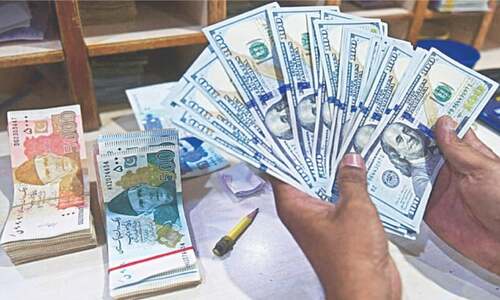KARACHI: A deliberate market-based economic strategy can yield huge returns for all stakeholders and ‘Women Empowerment through Livestock Development’ (WELD) programme is an excellent example of leveraging the private sector for the benefit of women micro-entrepreneurs and the quality of production in Pakistan.
This was said by Helen Loftin, the vice-president of (Economic Opportunities Youth and Women) Mennonite Economic Development Associates (MEDA), at the concluding ceremony of the WELD project on Friday.
The project, carried out in nine districts of rural Sindh and south Punjab, was part of United States Agency for International Development (USAID) Dairy Value Chain Project. USAID through MEDA provided support to Engro Foundation, the CSR arm of Engro Corporation, to get more women in the dairy sector and help alleviate poverty.
Along with India, US, Russia and China, Pakistan is one of the five leading milk producing countries in the world with a production of 35.6 billion litres a year. Though Sindh alone produces 23 per cent of the total output, its production is marred by low yield per animal which stands at 3.5 litres a day.
The three-year project, which began in 2011, delivered some impressive results including 19,000 trained dairy milk providers, predominantly women. The programme also trained 300 female livestock extension workers (FLEW) and 300 female village milk collectors (FVMC), roles traditionally reserved for men.
Furthermore, WELD resulted in almost 50 per cent increased incomes in the households dependent on dairy farming. “This is not the end, this is the beginning,” said WELD’s project director Ramzan Buriro while giving a rundown of the programme which helps dairy farmers with better access to information, market linkages and practices that would improve product yield.
The total income generated from additional milk production was Rs387.69 million against the project’s total cost of Rs250 million, Buriro said, highlighting the potential of the project.
Director Sindh Department of Livestock and Fisheries Nizar Ahmed Kalhoro said that a similar model needs to be replicated in the arid zones of the province where some of the most marginalised communities are located.
Published in Dawn, May 17th, 2014













































Dear visitor, the comments section is undergoing an overhaul and will return soon.